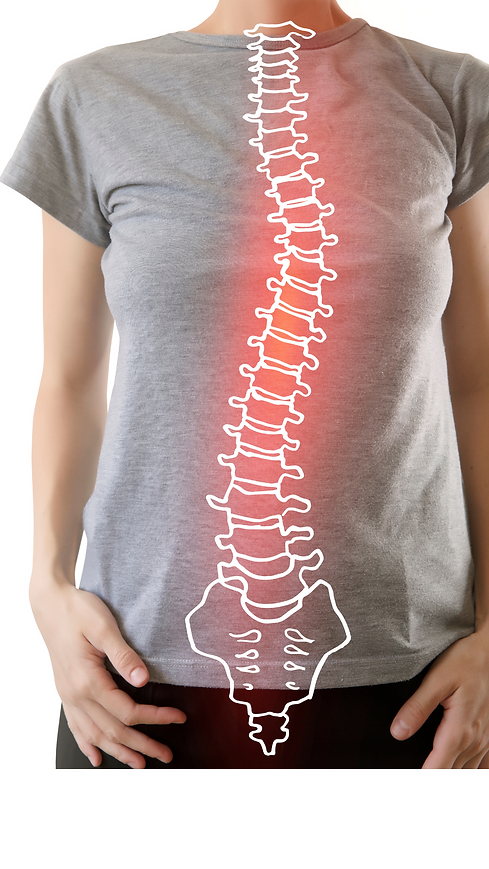
Spinal Disc Conditions: Herniation, Bulges, and Degeneration
Herniated discs occur when the soft inner material of a disc pushes through its outer layer, potentially causing nerve compression and pain. Disc bulges involve the outward expansion of a disc's outer layer, sometimes leading to discomfort. Degenerative disc disease refers to the gradual breakdown of discs over time, resulting in pain and reduced mobility.
What Are Spinal Disc Conditions?
Common Symptoms of Disc Conditions in an affected area may include:
-
Neck/Back Pain
-
Radiating Pain
-
Numbness and Tingling
-
Muscle weakness
-
Decreased Range of Motion
-
Sciatica
-
Muscle Spasms
-
Trouble Sitting or Standing
These conditions involve the discs that cushion your spinal vertebrae. Herniation occurs when the inner core of a disc protrudes through its outer layer, potentially causing pain and nerve-related symptoms. Disc bulges happen when a disc's outer layer extends outward, often leading to discomfort. Degeneration refers to the gradual wear and tear of discs, contributing to pain and reduced flexibility.


What Causes Disc Problems?
Spinal disc conditions can arise from a combination of factors, and the specific cause can vary depending on the type of condition. Here are some common contributing factors to spinal disc conditions:
Trauma and Injury:
Accidents falls, and repetitive strain on the spine can damage the discs, potentially leading to herniation or other disc-related issues.
Poor Posture:
Prolonged periods of poor posture, especially while sitting, can place uneven pressure on the spinal discs and contribute to their deterioration.
Lifestyle:
Sedentary lifestyles, lack of regular exercise, and obesity can contribute to weakening of the spinal discs and increase the risk of disc problems.
Genetics:
Some individuals may be genetically predisposed to developing certain spinal disc conditions due to the structural characteristics of their discs.
Other Factors Could Include:
Occupation, Athletics, Repetitive Movements, Smoking, and more.
At our clinic, we work closely with patients to diagnose the specific cause and develop personalized treatment plans to manage symptoms and improve disc health.
Can You recover from Spinal Disc Conditions?
Yes! Recovery from spinal disc conditions is possible through an integrative medical care approach, without the use of drugs or surgery. Our clinic believes in addressing not just the symptoms, but also the underlying factors contributing to your condition. By combining conventional medical expertise with advanced therapies and procedures, we aim to provide a comprehensive healing experience.
Our approach involves personalized treatment plans that consider your unique needs, lifestyle, and preferences. We focus on optimizing your overall well-being by addressing physical, emotional, and lifestyle aspects. Through a combination of chiropractic care, physical therapy, nutrition counseling, lifestyle training, and more, we work to alleviate pain, restore mobility, and enhance your quality of life.
Additionally, our integrative model places emphasis on empowering you with self-care strategies. These strategies, which include exercises, stretches, stress management, and ergonomic guidance, empower you to actively participate in your recovery journey and prevent future issues.
Remember, healing from spinal disc conditions is a collaborative effort between you and our dedicated team of experts. With our holistic integrative medical care, we strive not only to help you recover but also to support your long-term health and vitality.
.jpg)